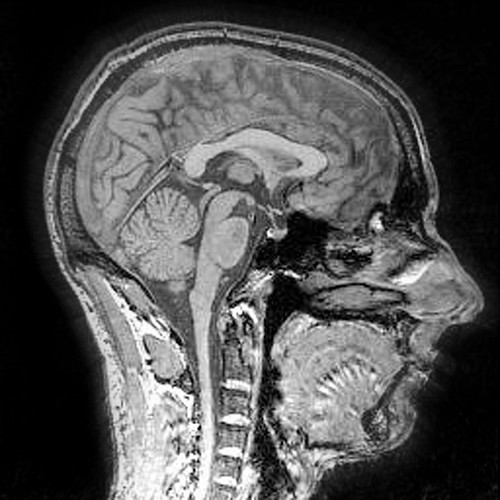School Leadership 2.0
A Network Connecting School Leaders From Around The Globe
Can mumbling to yourself improve your memory?
Can mumbling to yourself improve your memory?
The production effect is the substantial benefit to memory of having studied information aloud as opposed to silently. MacLeod, Gopie, Hourihan, Neary, and Ozubko (2010) have explained this enhancement by suggesting that a word studied aloud acquires a distinctive encoding record and that recollecting this record supports identifying a word studied aloud as “old.” This account was tested using a list discrimination paradigm, where the task is to identify in which of 2 studied lists a target word was presented. The critical list was a mixed list containing words studied aloud and words studied silently. Under the distinctiveness explanation, studying an additional list all aloud should disrupt the production effect in the critical list because remembering having said a word aloud in the critical list will no longer be diagnostic of list status. In contrast, studying an additional list all silently should leave the production effect in the critical list intact. These predictions were confirmed in 2 experiments.
Source: "The production effect in memory: Evidence that distinctiveness underlies the benefit." from Journal of Experimental Psychology: Learning, Memory, and Cognition
Tags:
Replies to This Discussion
JOIN SL 2.0
SUBSCRIBE TO
SCHOOL LEADERSHIP 2.0
Feedspot named School Leadership 2.0 one of the "Top 25 Educational Leadership Blogs"
"School Leadership 2.0 is the premier virtual learning community for school leaders from around the globe."
---------------------------
Our community is a subscription-based paid service ($19.95/year or only $1.99 per month for a trial membership) that will provide school leaders with outstanding resources. Learn more about membership to this service by clicking one of our links below.
Click HERE to subscribe as an individual.
Click HERE to learn about group membership (i.e., association, leadership teams)
__________________
CREATE AN EMPLOYER PROFILE AND GET JOB ALERTS AT
SCHOOLLEADERSHIPJOBS.COM
New Partnership
Mentors.net - a Professional Development Resource
Mentors.net was founded in 1995 as a professional development resource for school administrators leading new teacher induction programs. It soon evolved into a destination where both new and student teachers could reflect on their teaching experiences. Now, nearly thirty years later, Mentors.net has taken on a new direction—serving as a platform for beginning teachers, preservice educators, and
other professionals to share their insights and experiences from the early years of teaching, with a focus on integrating artificial intelligence. We invite you to contribute by sharing your experiences in the form of a journal article, story, reflection, or timely tips, especially on how you incorporate AI into your teaching
practice. Submissions may range from a 500-word personal reflection to a 2,000-word article with formal citations.
